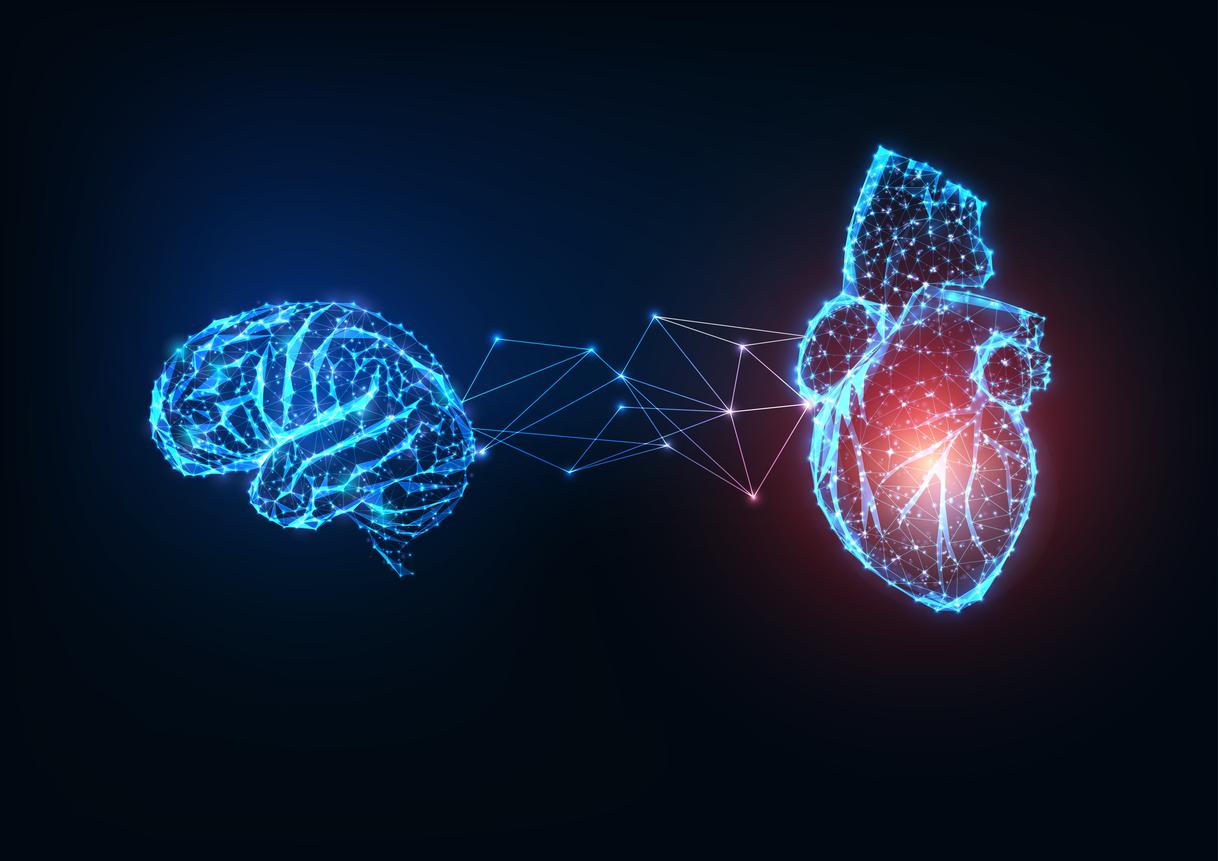1. Memory needs to forget in order to remember
“ Forgetting is a physiological process essential, which makes it possible to sort through the enormous flow of information processed by our brain every day and to eliminate irrelevant data (color of a colleague’s sweater, etc.), to store only the information important, and thus not to saturate the neural circuits”,explains Francis Eustache, researcher in neuropsychology.
“Oblivion is a corollary of the quality of the hierarchy and organization of stored information”,emphasizes the National Institute of Health and Medical Research (Inserm). The impossibility of forgetting details of the past even corresponds to a pathology – extremely rare -: hypermnesia, which gives an exceptional memory, but also prevents organizing memories according to their importance.
2. A memory is not a faithful copy of what has been experienced
Indeed, our memory does not work like a video camera. “The information it stores is slightly reworked: each time we recall it, there is a risk of integrating a new element, erasing another, or extrapolating certain aspects, depending on our emotional state or what we’ve been through since,”explains Fabienne Collette, neuroscientist specializing in memory.
Also, several people who have experienced the same event may have a slightly different memory. This malleability of memory also explains the phenomenon of false memories, which can be “implanted” into the minds of impressionable people (especially children) via suggestions, and which have led – among others in the United States – to tragic court cases, where people have – wrongly – accused relatives of incest, rape or worse.
3. It’s normal to have trouble remembering people’s names
And for good reason : “It is easier to acquire new information or to retrieve it from memory if it is richly linked to other data already in memory”,explains Serge Brédart, psychologist and professor emeritus at the University of Liège, Belgium. However, this is not the case with proper nouns: “They don’t describe the people they designate. For example, a person named “Legrand” could be short, another named “Boulanger” could be a doctor, etc. Also, they often don’t have synonyms that might help us remember them, unlike many common nouns (e.g. “car” for “auto”). »
Afterwards, “The less a word is used regularly, the less easy it is to find later. However, on average, the frequency of use of proper nouns is lower than that of common nouns. »
4. We remember our preteen memories better than recent events.
This is notably due to the fact that we recall more easily events that we have had time to evoke on several occasions – which is the case with old memories. Indeed, “the more we remember a memory, the more we reactivate the neural circuits that underlie it, and the more it will be “consolidated”, that is to say anchored in a lasting way in our memory”,develops Fabienne Colette.
But there is also the fact that we remember better emotionally strong events (positive or negative) – which is often the case with childhood memories – than banal facts: “Emotions can indeed facilitate memorization”, says Fabienne Collette. Note: the memories of our early childhood are very rare, due to the phenomenon of “infantile amnesia” which erases almost all of them from the age of 7, to allow the development of a more complex memory of memories.
5. Our different memory systems don’t all age at the same rate
“The most sensitive to the effects of aging are episodic memory (memories) which, as we age, begin to lose certain elements of memory more rapidly than before, such as its date; and the working memory (specialized in the temporary storage of certain data: telephone numbers, etc.), which will simultaneously apprehend fewer elements”,explains Francis Eustache. However, “Semantic memory (of the meaning of words, knowledge about the world, etc.) and procedural memory (automatisms and know-how: riding a bicycle, playing an instrument, etc.) are much more resistant. »That’s why, once you’ve learned to ride a bike, it’s for life!
6. There are gender differences in memory
Several studies have shown that humans have a better visuospatial working memory, capable of retaining information allowing them to orient themselves in space, such as routes; and women, a better memory of events (dates, wedding meals, etc.). That said, “these differences are modest and are only an average: they do not concern all women or all men”, emphasizes Michel Hansenne, researcher in the psychology of personality and individual differences, at the University of Liège, in Belgium. The first difference could be explained by the fact that the first men hunted and therefore used their visuospatial memory more than the women, who stayed at home. The second, by the female estrogen hormones which seem beneficial for the memory of events.
Read also :
- 6 tips to maintain your brain
- The best foods to boost your memory
- I take care of my brain




















